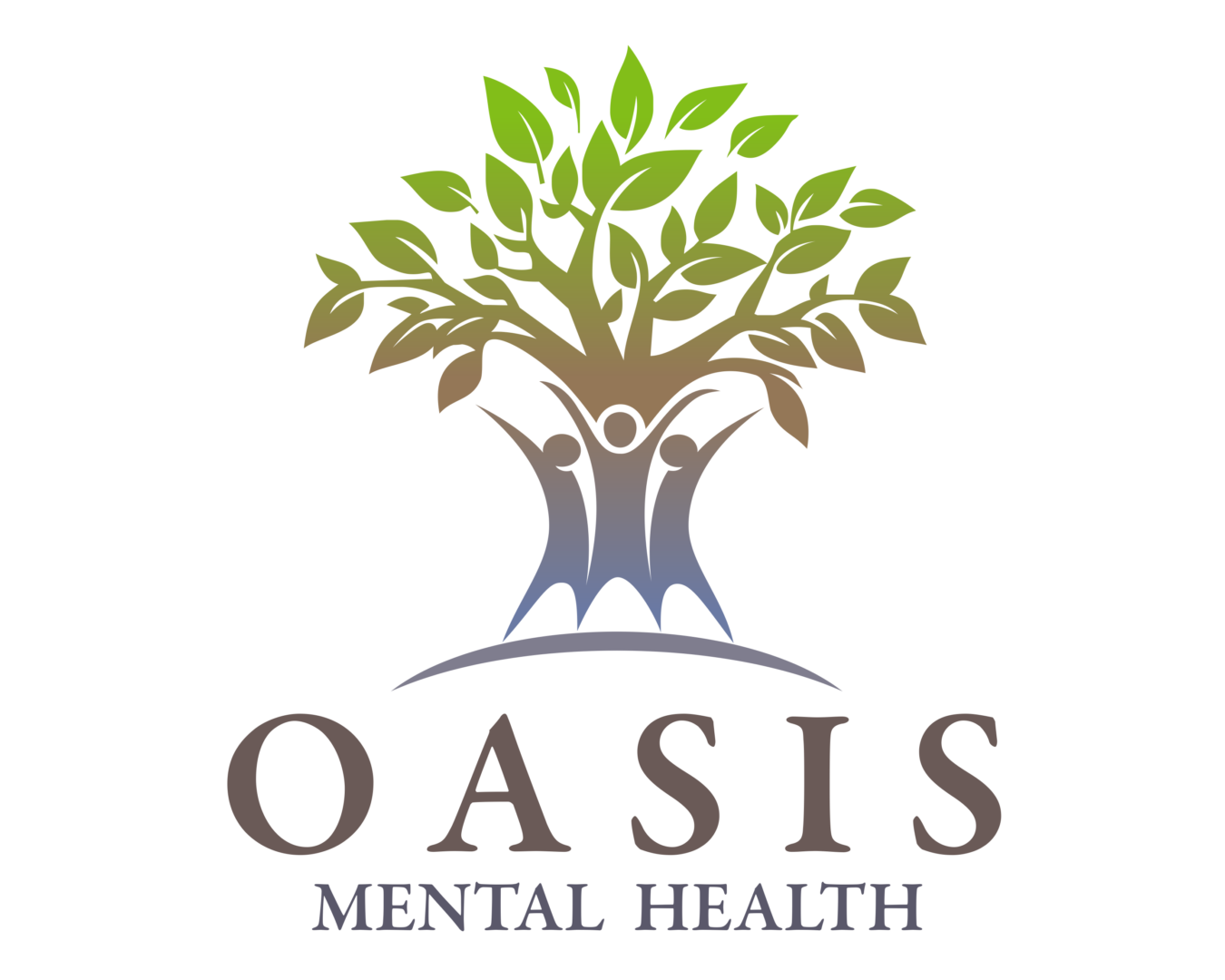Trauma Sensitive Schools Why do we need TSS?
Trauma-Sensitive Schools (TSSs) provide an environment in which both the students and the teachers feel safe and supported. TSSs understand that adults have a powerful influence on children, and therefore focus not only on the child’s needs but also on the adults who provide for the children in the school environment.
In TSSs, there is a culture of awareness of how Adverse Childhood Experiences (ACEs) affect students’ social and emotional wellbeing and learning, and the schools equip educators and staff with the tools and strategies to do just that.
How Beneficial Is This Training to My School?
The Adverse Childhood Experiences (ACE) study demonstrates that virtually every school has students who have been exposed to overwhelming experiences that can impact their learning, behavior, emotion regulation, attention, impulsivity, and social interactions. Becoming more trauma-sensitive, however, not only benefits the students who have experienced childhood trauma, it helps ALL children feel safe to learn, and it provides the same safe, supportive, and positive environment to the educators who interact with them every day.
What Is the Feedback From Teachers?
This is some of the feedback teachers and staff from Lincoln Junior High School (School District 203) provided to their administration after our presentation (2017, printed with permission):
What We Offer
Laura Langes, Psy.D. and Marloes Verhoeven, Psy.D., provides training to schools to make the school environment more trauma-sensitive. They support educators and staff who are tasked with providing a calm, settled, and safe environment, often in the face of intense challenges, in which students are ready to learn.
We provide two training formats.
Trauma in the Classroom: What it is, why it matters, and what you can do about it
Addressing Trauma in Schools: Intensive strategies for student support staff
In addition, Drs Laura Langes and Marloes Verhoeven offer in-person consultations with staff to discuss student issues in-depth and provide targeted strategies. Consultations are usually one hour but can be longer if needed.
For More Information
Check out this Common Ground Education podcast from November 8, 2018, in which a school social worker interviews Drs. Langes and Verhoeven about ACEs and Trauma-Sensitive Schools.
Also look at this article, written by a teacher, about Trauma-Sensitive Schools, or watch this video about why we need Trauma-Sensitive Schools for both students and teachers.
